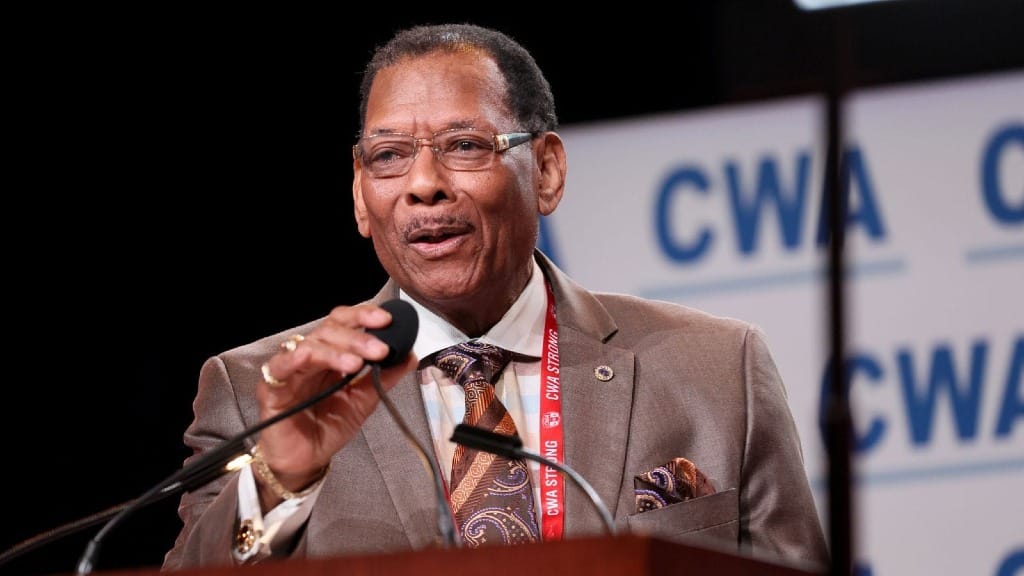AT&T Defends Copper Network Retirement Plan Amid Union Opposition
AT&T is transitioning to newer fiber optic technology and plans to retire its copper infrastructure.

AT&T is transitioning to newer fiber optic technology and plans to retire its copper infrastructure.

WASHINGTON, March 3, 2025 – AT&T is resisting pressure from the Communications Workers of America, which has demanded that the Federal Communications Commission keep the telecommunications giant investing in copper-based networks.
AT&T is actively transitioning to newer fiber optic technology and plans to largely retire its copper infrastructure, which the CWA argues could leave rural customers behind without adequate service.
The industry-driven deregulation of communications services has allowed telecommunications companies to select their own service areas. In recent years, AT&T has focused on deploying fiber in densely populated areas that can yield a high profit margin. The CWA says AT&T is prioritizing maximizing profits over the public interest and demands that the FCC intervene.
“Compelling AT&T to divert resources away from investment and toward maintaining an outdated TDM-based network would actively impede the deployment of fiber and wireless connectivity,” AT&T said in a Feb. 25 FCC filing defending its plan to grandfather copper networks and transition other locations to fiber. “AT&T spends over $6 billion annually in direct costs to keep its copper services running – resources that would be much better spent connecting more Americans to newer networks.”
AT&T’s proposal would enable the telecommunications provider to exit 250,000 square miles of rural communities across 18 states, or 50 percent of AT&T’s historic footprint.
The CWA says that abandoning copper and discontinuing landline services in rural areas without adequate fiber infrastructure would leave those communities without reliable service.

Prime Minister Narendra Modi has pitched India as a major hub for artificial intelligence, built at home and used worldwide.

The ambitious undertaking is supported by a $20 million grant awarded under the 2021 Tribal Broadband Connectivity Program.

Satellite companies want easier access, while carriers say that could upend licenses they purchased.

The agency tapped Tricia J. Paoletta and Matthew Plaster as senior advisors
Member discussion